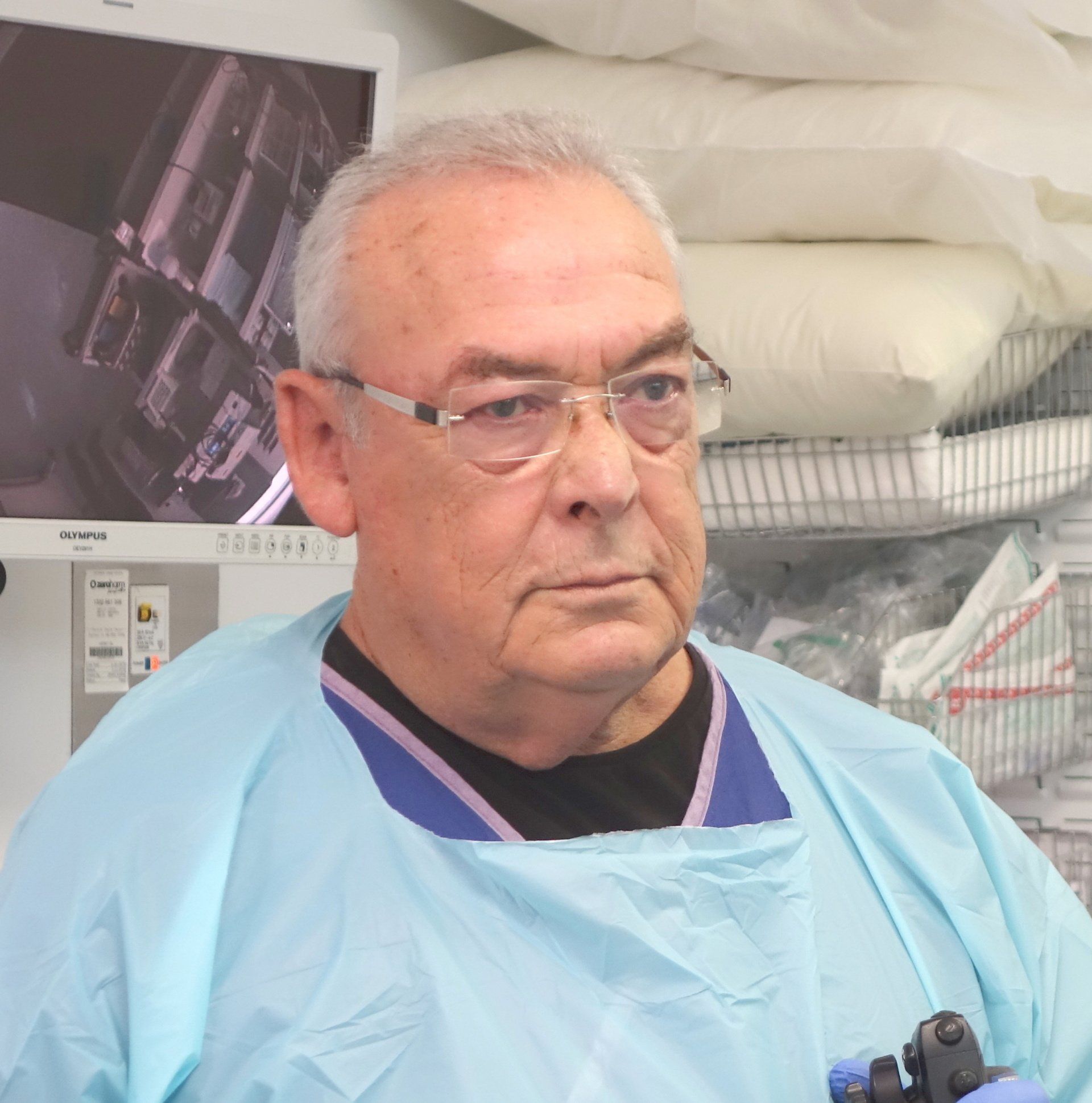Chronic Constipation
What is Constipation?
Constipation is a medical disorder which can be defined as having difficulty in passing stool. It is a common complaint of the digestive tract which can be both acute and chronic in nature.
Who does Constipation Affect?
Nearly everyone is affected by constipation many times during their lifetime. People of advanced age and certain people with anxiety and other medical disorders may experience constipation more frequently and chronic constipation is a common symptom of many digestive tract disorders as well.
How does Constipation Occur?
Constipation occurs when the stool or waste by-products of the digestive process is unable to pass normally through the colon or can’t be passed out the rectum effectively. With the longer time spent in the bowels, more water gets reabsorbed, resulting in hard and dry stool which is even harder to pass.
Causes of Constipation
Constipation can be caused by any number of reasons, depending upon the age and health of an individual. Some main causes include:
- Inadequate fluid intake (dehydration)
- A poor diet including inadequate fibre intake
- Obstruction in the bowel
- Gut diseases that affect peristalses such as Irritable Bowel Syndrome, Crohn’s disease and more
- Not enough exercise
- Weakened pelvic muscles
- Depression
- Eating disorders
- Stress
- Certain medications can also result in constipation
Symptoms of Constipation
The symptoms of constipation include:
- A feeling of density or heaviness in the lower abdomen
- Having to strain more than normal to pass stool
- Increased wind
- Incomplete bowel motion
- Pellet-like stools or lumpy stools that are difficult to pass, requiring more pressure
- Bloating
- Abdominal pain causing extreme discomfort
- Inability to pass stool despite having the urge
Types of Constipation
Constipation can be classified into the following types:
- Functional (primary) constipation: Constipation resulting from the direct dysfunction of gut motility
- Secondary constipation: Constipation resulting from a systemic disorder such as hypothyroidism, injuries to the spine, or medication
Stages of Constipation
There are no stages in constipation. Each episode can differ in intensity and length based on causative factors and other elements.
How is Constipation Diagnosed?
Constipation is suspected if the patient is passing less than three stools in a week. The doctor begins by taking a complete history and a thorough physical examination, which will include a digital rectal exam. The doctor may run the following tests to rule out other diseases and disorders that can cause constipation and diagnostic tests to check the gut motility:
Blood Tests to Identify any Systemic Disorder
- Colonoscopy and sigmoidoscopy procedures to collect tissue samples and visually examine the intestines for inflammation
- Colonic transit study allows doctors to visualize the motility of the gut and determine whether its normal or abnormal
- Barium X-ray studies to determine gut and rectal function
How is Constipation Treated?
Treating constipation includes making lifestyle and diet changes that can reduce the occurrence of constipation in the future.
The diet changes include increasing fibre intake, drinking prune juice, reducing the intake of processed foods and eating more fresh fruits and vegetables daily. Exercising also helps increase gut motility and should be added as a lifestyle change, in addition to better stress management and maintaining a schedule for bowel movements.
To treat constipation, the patient can take several over the counter (OTC) laxatives and supplements that can help with passing stool. These include lubricants, stool softeners and gut stimulants.
In case self-treatment is ineffective, the doctor may recommend a trial of certain prescription medications to relieve constipation. In cases of blockage or anatomical anomaly, surgery may be the only option.
What if Constipation is Untreated?
Constipation if left untreated, can result in a few complications that can result in poor quality of life and the patient experiencing depression and anxiety. Some of the complications include:
- Bad breath (different from the bad breath of rapid weight loss)
- Nausea & reluctance to eat
- Compaction – like you are sitting on a hard, dry mass
- Blood in the toilet bowl due to excessive straining
Dr Donald Walker
Write your caption hereMore
Dr Johan Van Den Bogaerde
Write your caption hereMore
Trusted for more than 25 Years
PANCREAS & BILIARY
Digestion Problems - Dyspepsia









